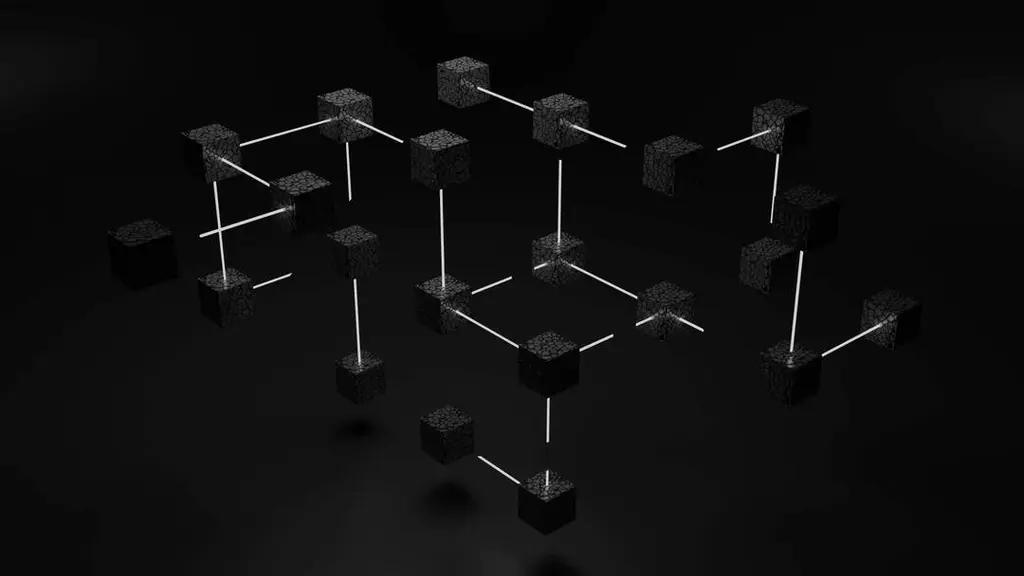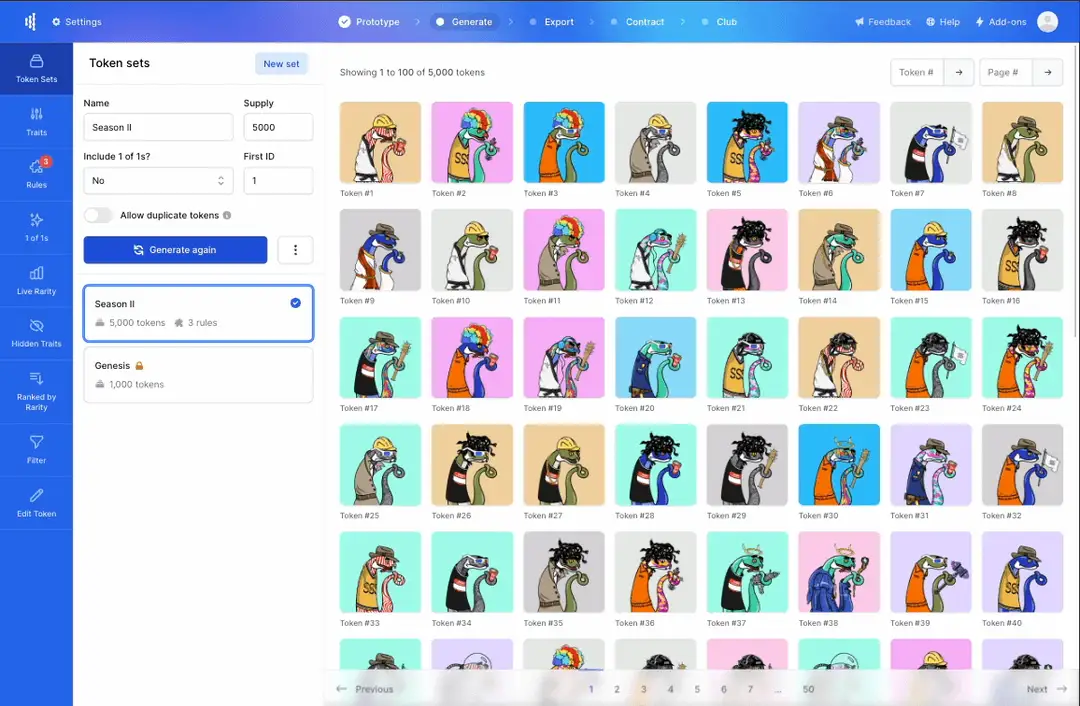
DAO stands for a decentralized autonomous organization and is recognised as the future structure of business, governance and collaboration that is based on rules that exist on a blockchain. Following the theme of user ownership and equality in Web3, a DAO is an organization run without a government body or hierarchy, so that members may own, manage and make decisions collectively.
How do decentralized autonomous organizations meet their objectives? To become a member of a DAO, users must buy or own a token of that organization. Every member of a DAO must follow a set of open-source rules that exist in the organization's code. To handle proposals, direction and changes in rules, each member will vote to reach a final decision. Then the smart contract will record and establish the new rules, which is 100% transparent and verifiable by anyone. Because of their transparency and rejection of bureaucracy, DAOs are becoming increasingly popular.
Use cases for a DAO
DAOs havent hit the NFT level of hype but they are steadily growing in popularity with more DAOs being set up for a wide variety of reasons. Some examples include charitable DAOs, investment groups, and even DAOs for buying and sharing NFTs. We listed below some of the popular DAOs in the Web3 space:
UltraDAO
These DAO members are dedicated to supporting artists in finding new ways to create and share art, founded by Chris Wallace who is the project leader of the NFT collection ‘Woodies’. The goals of this DAO are to create an expansive collection of digital artwork, which involves choosing NFTs for the collection, creating a network for digital creators and collectors and allowing everyone's voice to be heard through their collective voting and decision powers.
American History
A group of American citizens banded together and decided they would try to buy the US constitution by using a DAO to pool all their funds together to collectively own it. ConstitutionDAO gathered 15,000 members and raised over $45 million in Ethereum, showcasing the power of DAOs to the world. Although they were unable to achieve their goal it was a remarkable display, and they refunded everyone who participated in their project.
Big Green DAO
Elon Musk's brother, Kimbal, founded this DAO to be the first non-profit-led philanthropic DAO that aims to democratize and decentralize grant making while also using its organization to create food justice worldwide. Through this DAO, Kimbal plans to leverage blockchain technology to engage in communal decision making, use ERC-20 tokens for members who want to join and will reshape how philanthropy is carried out.
PleasrDAO
The story behind how this DAO formed begins when Wu-Tang Clan's one-off album ‘Once Upon a Time in Shaolin’ was purchased by Martin Shkreli and ultimately seized by the United States Federal Government. PleasrDAO was formed by a group of DeFi leaders and NFT collectors who then purchased the album from the federal government for $4 million. They are deciding on an agreement to release the album to the public or for their members to listen to (as a members only perk). This collaborative investment is another great example of the potential with DAOs.
The Downside of DAOs
One of the issues with DAOs is security and hackers, which is a part of a wider problem within the Web3 space currently. The problem may arise of a hacker breaking into a DAOs treasury and while this attack happens, the members have to collectively vote on the code change to stop the attack. This process is too long and by the time any real changes can be made the damage has already been done.
Moreover there are legal issues with DAOs because hypothetically anyone can join a DAO, and so there is no overarching legal framework to settle matters that cover multiple jurisdictions. A legal battle over a dispute with a DAO is likely to take a long time, cost a lot of money, and be complicated.
The future of DAOs
While the structure of a DAO is very useful in certain situations it may not work for all, so it may not be the case that every organization will adopt the values of a DAO. However, there are many who believe in the potential of DAOs and as the Web3 space grows, and the security issues are gradually solved, we believe people will find more use cases for DAOs to make an impact.
Feeling inspired?Launch your NFT today.
Prototype, generate and launch your collection with the most powerful no-code NFT toolkit.
Sign up for free